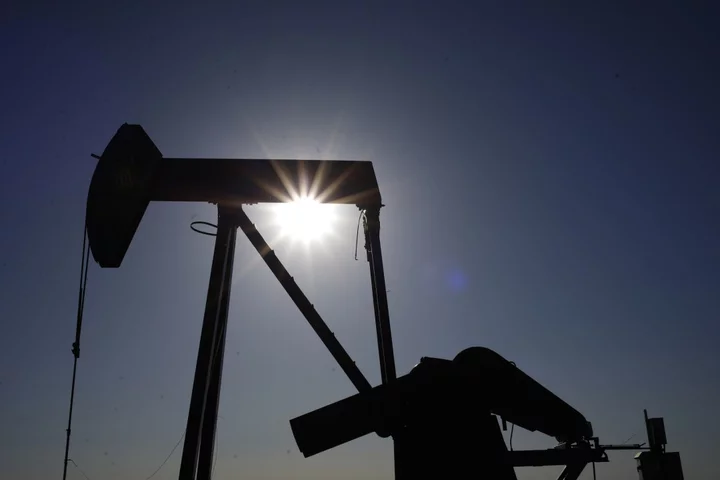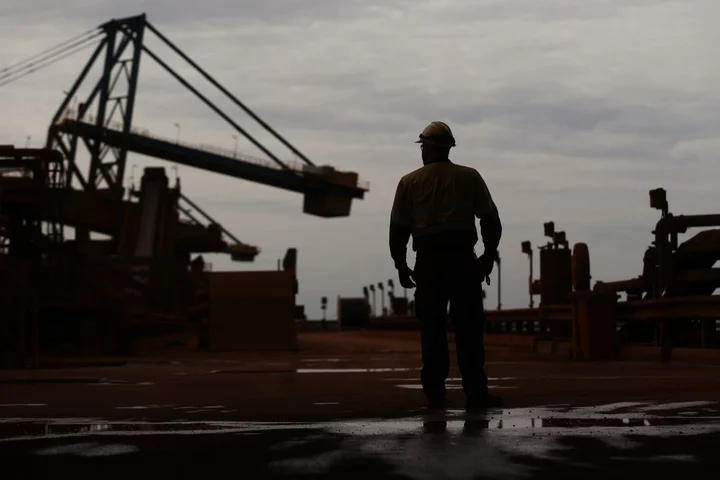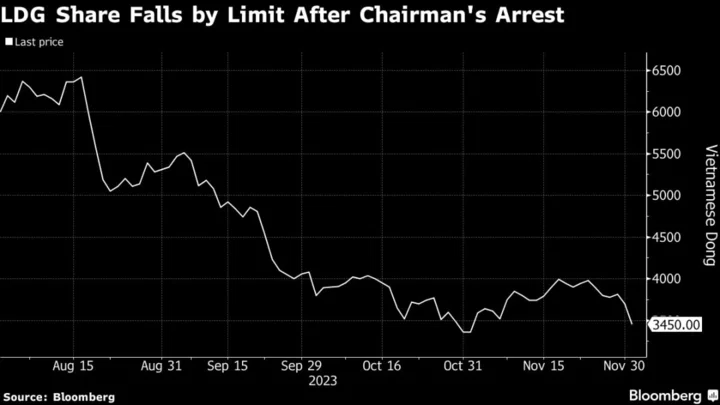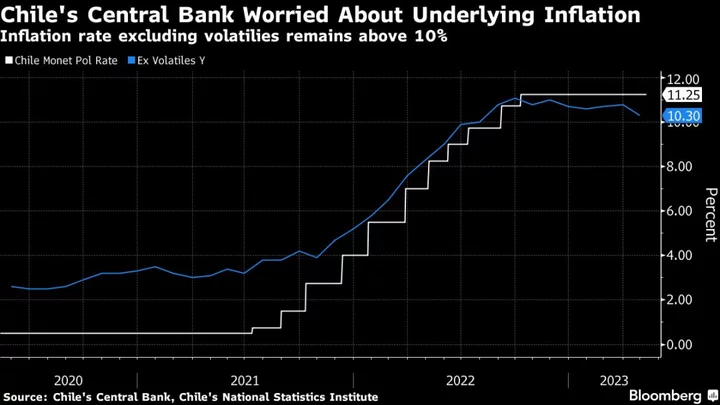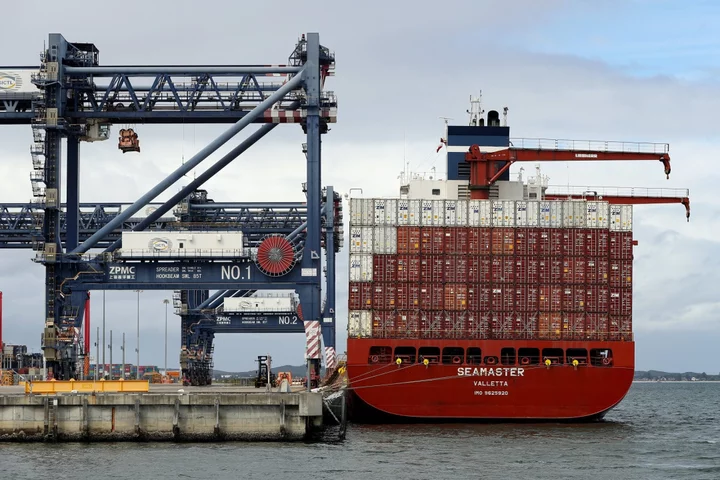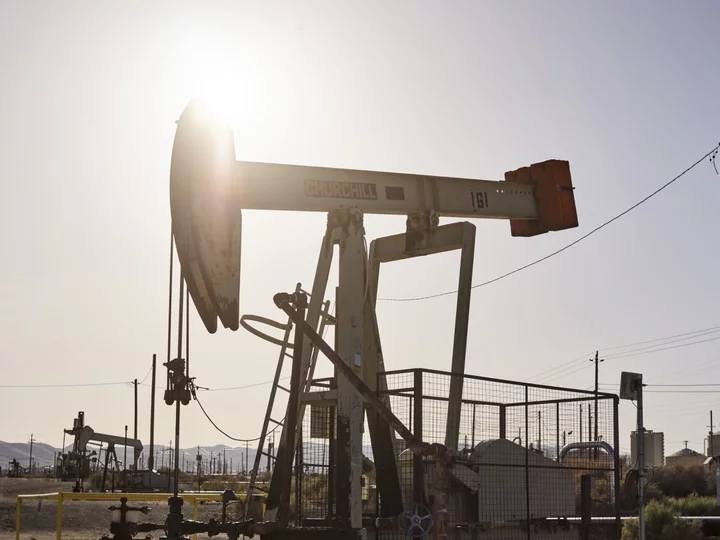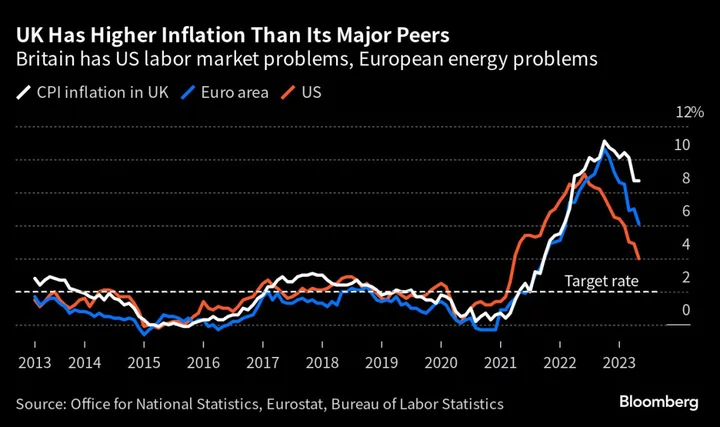Oil was steady near the highest since November after the International Energy Agency added to warnings of a shortfall.
West Texas Intermediate traded near $89 a barrel, after dipping 0.4% on Wednesday. Demand will eclipse supply by 1.2 million barrels a day on average during the second half, the IEA projected Wednesday. That came a day after OPEC and the US also said they saw global consumption exceeding production.
The bullish outlooks added momentum to a rally that started in mid-June as Saudi Arabia and Russia curbed supply while US and Chinese demand proved relatively resilient. WTI has risen 12% over the past three weeks, and timespreads are in a bullish backwardation pattern, indicating scarce supply.
There was some bearish news on Wednesday, with government data showing US nationwide crude inventories snapped a streak of declines to rise for the first time in five weeks amid the highest imports since 2019. However, inventories at the key storage hub in Cushing, Oklahoma declined.
To get Bloomberg’s Energy Daily newsletter direct into your inbox, click here.

